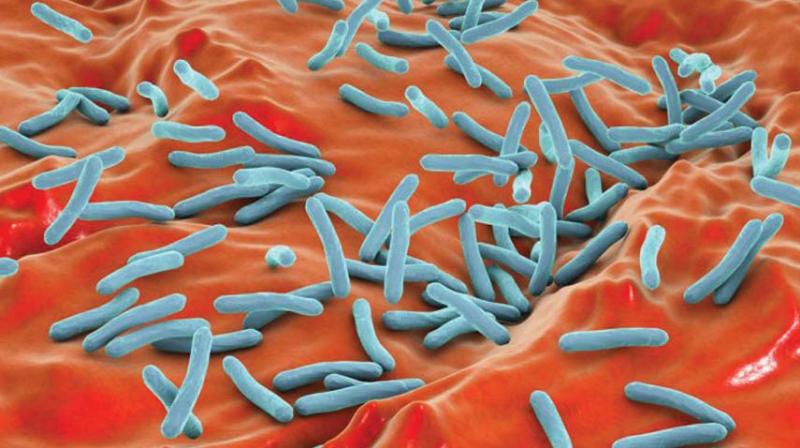Kerala boasts of high chances of winning war against Tuberculosis
One of the biggest challenges before the health authorities is to control the Multi Drug Resistant TB (MDRTB).

Thiruvananthapuram: From 26,000 TB cases in 2010, the number has come down to 20,512 till December 2017 as per the data available for the government health care institutions. In the private sector, the projected figure of TB cases ranges from 8,000 to 10,000. Though the government has made tall claims of eliminating TB in the state by 2020, experts say nothing can be said conclusively about achieving the goal at this stage. However, on a positive note, Kerala is the only state having the highest prospects of TB elimination in the country. Internationally, the criteria of TB free declaration is to bring down the incidence to less than 1 case/10 lakh population.
From 350-400 cases annually, the number has now been brought down to 130-150. It is coming down further. One of the biggest challenges before the health authorities is to control the Multi Drug Resistant TB (MDRTB). A patient develops resistance to the first line of drugs because the medication is not given under direct supervision of dot supervisor. Whenever the patients take the drug, they have to give a missed call to the centre. The missed call goes to central service provider and then it is registered in the treatment card. Normally a patient has to have drug before 2 pm and if that does not happen by evening, the system will alert treatment support staff, senior treatment supervisor and public health system.
A dedicated software known as Nikshay has been developed by GOI with the help minister of health and family welfare, to monitor the TB treatment. The information system is inter-linked; dot supporter, senior treatment supervisor, medical officer TB, district TB officer, State TB Officer and National TB Cell. Experts say there are many factors for the failure of first line of treatment and the biggest one is physician. There are instances of physicians giving second line of treatment without proper diagnosis, proper medication and without confirming drug resistance to TB.
It is not done in a systematic manner. In many cases, patients start treatment without proper consultation and then drop one or two drugs on their own because of toxicity. Since a combination of drugs is needed to kill the bacteria, omitting even one could prove detrimental to the treatment. All the drugs are highly toxic and could have adverse effect on vital organs including liver and kidney. A patient is put on treatment with the support of community medicine, counsellors and it is a collective decision. Patient undergoes blood count test and all basic investigations.
In the event of minor changes, the cardiologists and nephrologists adjust or modify the dose accordingly. It is mandatory for hospitals and other centres to inform about TB cases, MDR TB. The government had recently issued gazette notification specifying the punishment for not informing authorities about TB cases. The punishment includes up to six months of imprisonment. The state has excellent track record in implementing nutritional support system for TB patients through district panchayats. Besides, the state has launched the financial aid scheme for TB patients under which Rs 500 per month is granted during the entire treatment period. The scheme is being currently implemented in Cheriyankeezhu panchayat.
According to experts, the most vulnerable sections for contracting TB include hospital support staff including radiographers, staff nurses and pharmacists. At the community level, hostels, old age homes, juvenile homes, people residing in urban settlement colonies, coastal areas and tribal areas are more prone to TB. As part of screening exercise, Kudumbashree and Asha workers have been deployed for house visits for creating a data base on the disease.

